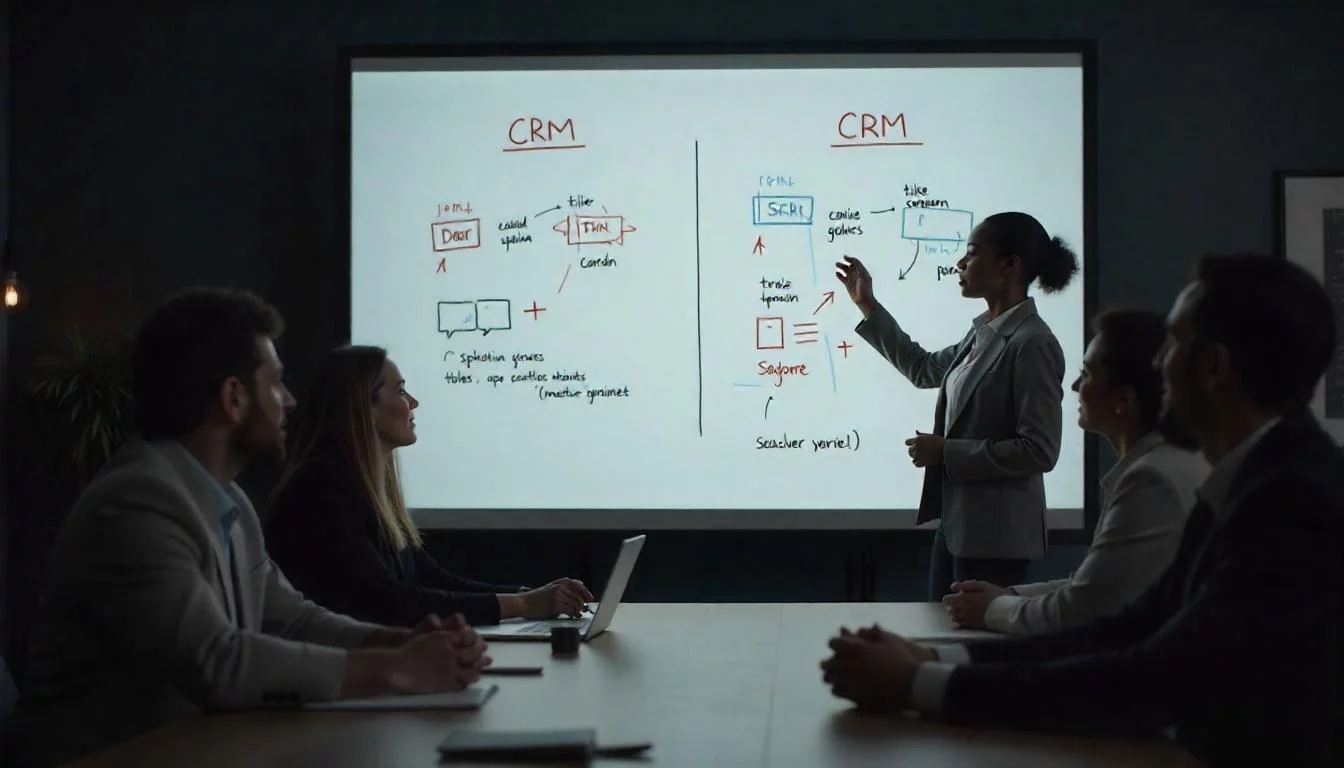Even the best health systems are generally fragmented. There are GPs, hospitals, clinics, specialists, diagnostic centers and so on. While countries like the UK and Canada have a viable national system for transferring patient records, those can be vulnerable to cyber-attacks. On the other hand, the US healthcare comes from a collage of corporates, which means that patient data handling is even more fragmented.
In 2016, two senior researchers in MIT wrote a whitepaper about a system called MedRec, which they outlined was to use Ethereum software, that can integrate and execute smart contracts- to develop a private blockchain, linking healthcare providers together and enabling them to share their data.
We have already discussed what a blockchain is and how it operates, so let’s see how many amazing possibilities (like the one above) blockchain can fulfill in the healthcare industry.
How blockchain applicable in the healthcare industry?
Although there are many unbelievable ways blockchain can enhance healthcare operations, don’t expect it to be a “cure-all” for the present industry, but the correct way to go forward. The healthcare industry is ladled with data (complex billing, patient records, clinical trials, research, applications and more).
The blockchain technology, will no doubt be adopted and implemented over time, as more blockchain applications are tried and tested – eventually the industry will come together to start the foundation of determining the governance and collaboration issues over the technology.
As with any new technology though, the full possibilities of what may happen in the future is unknown. As per a report by Statista “It is projected that 55 percent of healthcare applications will have adopted blockchain for commercial deployment by 2025”.
Interoperability and Exchange of Clinical Data
With healthcare IT solutions that are supported by blockchain, we can expect the technological solution to diverse challenges in healthcare application development – like for e.g. data interoperability, big data, information security and integrity and more.
“Blockchain helps in data sharing system that is secured. This will give access to all the details about the patient and this will help to reduce the cost” explains Blockchain council.
Interoperability can be realized by the use of APIs to make EHR (electronic health record) interoperability and data storage a reliable process. With the blockchain network being shared with authorized providers in a secure and standardized manner, the cost and the burden that is associated with data reconciliation will be greatly minimized.
Medical Data Management
The prime example of medical data management is the one given above, i.e. MedRec, it is a model that utilizes blockchains to improve electronical medical records, enabling any provider to avail the patient’s data in a secure way giving them a reliable solution to wasting time, funds, duplication in procedures and from time to time even life-threatening issues of records being distributed across various facilities and providers.
MedRec’s objective is to give patients and their providers a one-stop access to their entire medical history across all the providers. Plus, if the patients are willing to let their data be utilized for research purposes, then that can be done anonymously through this system- which can aid in making medical breakthroughs faster than ever.
Research Result Management
Approximately 50% of the clinical trial are not reported. As a consequence, this creates safety issues for patients which also creates information gaps for the policymakers and the healthcare stakeholders. If the blockchain technology is used to support these clinical trials, then the results, protocols and other associated data will be time stamped and unchallengeable- thus resulting in decreased data snooping and mistakes.
Drug development traceability and supply chain integrity
A report by WHO confirms that 30% of the drugs sold in the developing countries are counterfeits. Drugs can be tracked where each transaction has taken place in between the drug producers/manufacturers, wholesalers, pharmacists and patients. The medicine can be traced to verify and secure the drug product data important for undertaking issues such as counterfeit drugs.
Plus, private keys and smart contracts can act as a proof of ownership to validate the drug source with this system. Such a tool can help reduce counterfeit drug implications, that currently costs pharma companies an estimated amount of $200 billion losses every year.
MediLedger Project by Chronicled and LinkLab is an initiative which successfully brings competing pharma manufacturers and wholesalers together. They designed and implemented a particular process for utilizing blockchain technology to enhance the ‘track and trace’ capabilities for prescription drugs. MediLedger is created in a way to support the requirements needed by the US Drug Supply Chain Security Act (DSCSA) and plans steps to develop an interoperable system to detect and track certain prescription drugs.
Cyber Security and Healthcare IoT
According to the Protenus Breach Barometer report, in between 2015-2016 a total 140 million patient records were breached. Furthermore, ITRC (Identity Threat Resource Center) report indicates that healthcare comprises 30% of US data breaches.
“41% of the health data breaches were a result of insiders, wherein, 73 out of 96 incidents are known to have affected 1,166,674 patient records. And 53% of breached patient records were the result of hacking” says the report
The current system of healthcare devices is such that it is quite difficult for the health IT infrastructure to accommodate/ support the emerging IoMT (Internet of Medical Things) environment. In such situation blockchain solution is the answer – to be the infrastructure needed to keep health information private and secure while earning the benefits of connected mobile devices.
Conclusion: Our View
While blockchain shows huge potential, most of it is dependent on how willing the healthcare organizations are to update to the needed technical infrastructure. The new development will undoubtedly incur expenses, therefore there are concerns about blockchain’s integration with the existing technology and a speculation regarding its cultural adoption. Although blockchain is transforming the healthcare industry, it must be noted that the process will be gradual rather than immediate.
One thing’s for sure though, that blockchain is poised to be one of the key pillars of the digital world. Even if healthcare organizations are in the process of observing and watching the blockchains that will work for them, it is inevitable that applicable solutions will be discovered.
Related Articles:
What does Blockchain have to offer in DevOps?
How Indian Banks are using Blockchain to expedite trade loan approvals
Let’s Build Digital Excellence Together










